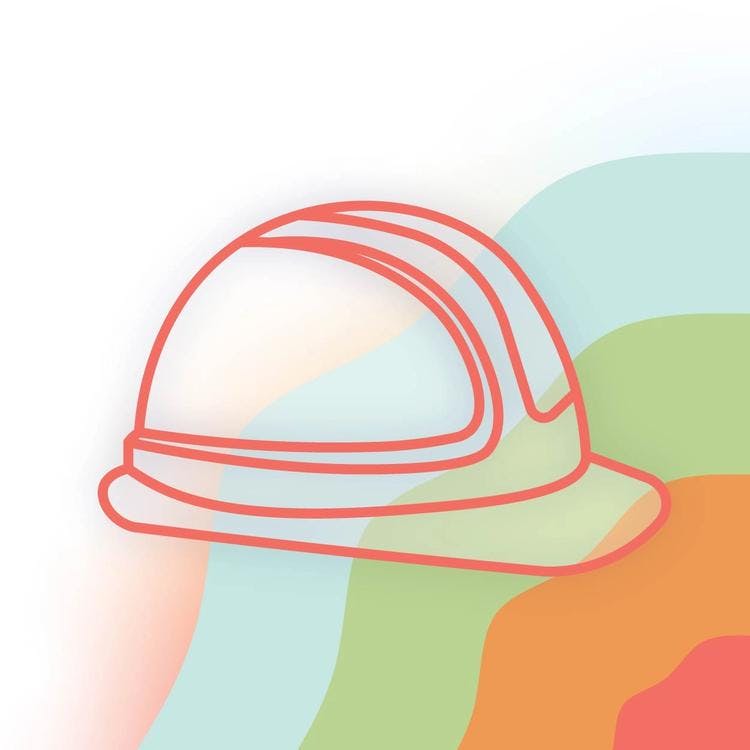What is Occupation Health
South Africa has the Occupational Health and Safety (OHS) Act which aims to offer protection, safety and health for people at work.
The act is a pro-active attempt by the government to prevent and avoid injuries and illness at work by regulating health and safety measures in the workplace. This includes occupational hygiene, occupational medicine, and occupational safety.
Occupational Hygiene
The anticipation, recognition, evaluation, and control of conditions arising in or from the workplace, which may cause illness or adverse health effects to persons.
Occupational Medicine
This refers to the prevention, diagnosis and treatment of illness, injury and adverse health effects associated with a particular type of work.
Occupational Safety
Managing accident and injury risk (e.g. slips and falls, amputations).
Responsibility of the employer
Employers are legally bound to assess for any risks and hazards that may occur in the workplace. This is done with the following questions in mind:
- Did we identify hazards, what can go wrong?
- Did we look at who might be harmed?
- How can people be affected?
- What can be done about it?
By identifying potential hazards in the workplace, employers can then implement effective measures to prevent risks to one's health and safety. This can range from eliminating the risk of exposure to the hazard to administering personal protective equipment (PPE) to employees.
Who is protected by the OHS Act
The act covers employees in their various fields. Employers can receive penalties, fines and jail sentences for non-compliance and the 1993 Compensation for Occupational Injuries & Diseases Act (COIDA) provides compensation for disablement caused by occupational injuries or diseases sustained or contracted by employees in the workplace, including death from such injuries or diseases.
Compensation for Occupational Injuries and Diseases (COID)
Compensation for Occupational Injuries and Diseases (COID) compensates who have been injured or have contracted a disease at work. It offers the following benefits to the employee:
- free medical treatment
- continue to receive 75% of salary while the case is open for up to 2 years
- funeral costs
- pension to the spouse or dependents in case of death
Who is eligible to claim?
You can claim if you are:
- permanently employed (not including members of the SAPS and SANDF)
- a domestic worker (now includes domestic workers employed at a private home as of November 2020)
- an apprentice or trainee farm worker
- a worker paid by a labour agency
How to report an occupational accident
If you are the employee, you must report the injury or disease to your employer immediately.
The employer is required to report to the Compensation Fund and send in the necessary forms.
There is an additional form that the employer must provide you to take to the doctor for medical assessment. Once the doctor has filled in the form, it must be returned to the employer.
The Compensation Fund pays through the employer who then compensates the employee.
